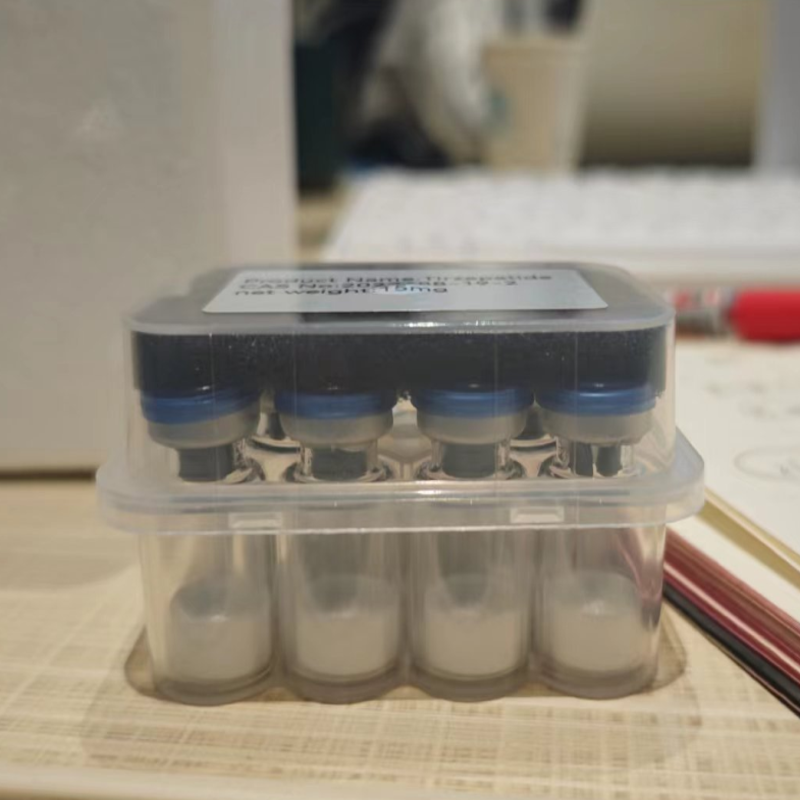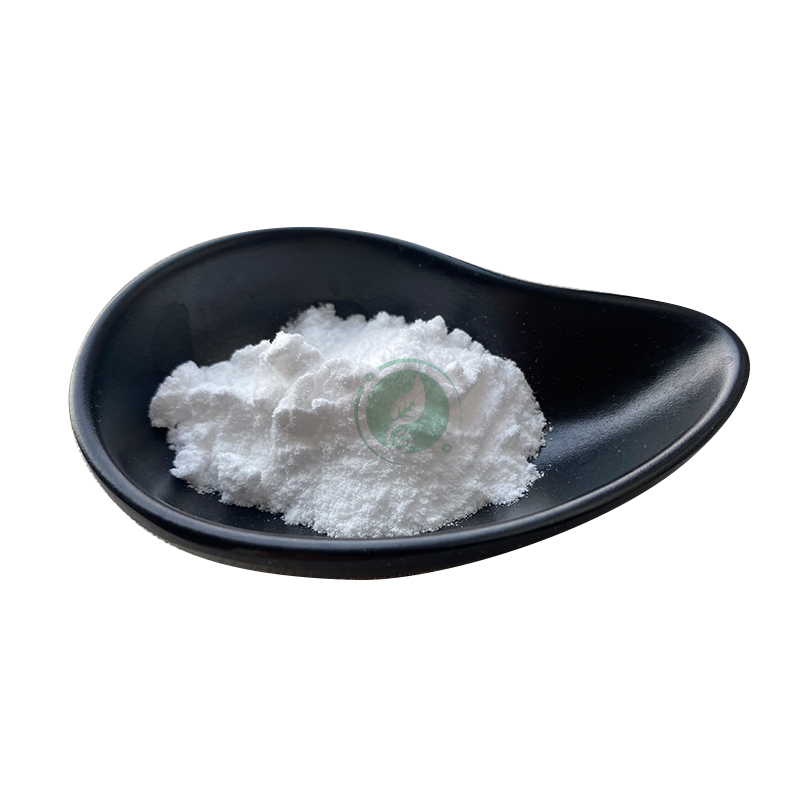-
Categories
-
Pharmaceutical Intermediates
-
Active Pharmaceutical Ingredients
-
Food Additives
- Industrial Coatings
- Agrochemicals
- Dyes and Pigments
- Surfactant
- Flavors and Fragrances
- Chemical Reagents
- Catalyst and Auxiliary
- Natural Products
- Inorganic Chemistry
-
Organic Chemistry
-
Biochemical Engineering
- Analytical Chemistry
-
Cosmetic Ingredient
- Water Treatment Chemical
-
Pharmaceutical Intermediates
Promotion
ECHEMI Mall
Wholesale
Weekly Price
Exhibition
News
-
Trade Service
On June 16, Pfizer and the Israeli non-profit healthcare institution in Sao Paulo, Brazil, the Israeli Albert Einstein Hospital (Hospital Israelita Albert Einstein, HIAE) Academic Research Organization (ARO) jointly announced the positive results from the STOP-COVID study Published in "New England Journal of Medicine" (NEJM)
.
STOP-COVID (NCT04469114) is a research collaboration between Pfizer and HIAE-ARO, the hospital is the trial coordination center
.
This is a multi-center, randomized, double-blind, placebo-controlled trial, conducted in 15 locations in Brazil, and enrolled hospitalized adult patients with COVID-19 pneumonia
The trial showed that compared with the placebo group (29.
0%), the tofacitinib group (18.
1%) had a lower incidence of cumulative death or respiratory failure within 28 days (risk ratio [RR]=0.
63; 95%CI: 0.
41 -0.
97; p=0.
04)
.
The all-cause mortality rate was 2.
Serious adverse events occurred in 20 patients (14.
1%) in the tofacitinib group and 17 patients (12.
0%) in the placebo group
.
Among the adverse events that require special attention in the protocol, 1 patient in the tofacitinib group developed deep vein thrombosis, acute myocardial infarction, ventricular tachycardia, and myocarditis; 1 patient in the placebo group developed hemorrhagic Stroke, cardiogenic shock
ARO Director Otavio Berwanger said: “We are encouraged by the main results of this randomized trial of tofacitinib in hospitalized patients with COVID-19 pneumonia
.
This study is based on the fact that JAK inhibition can reduce the whole body and alveoli of patients with COVID-19-related pneumonia.
In COVID-19 infection, the increase in disease severity may be related to the inflammatory state
.
It is speculated that inhibition of JAK kinase may reduce the inflammatory state, thereby improving the prognosis
It is worth mentioning that Eli Lilly/Incyte's oral JAK1/JAK2 inhibitor Olumiant (baricitinib, baricitinib) has been granted an emergency use authorization (EUA) by the US FDA in November 2020: Olumiant and Gilead are antiviral The drug Veklury (remdesivir, Remdesivir) is a combination drug for the treatment of suspected or laboratory confirmed COVID-19, oxygen supplement/invasive mechanical ventilation/extracorporeal membrane oxygenation (ECMO), age ≥ 2 years old Hospitalized adult and pediatric patients
.
The EUA recommended dose is: Olumiant 4 mg orally once a day for 14 days or until discharge
In April of this year, Eli Lilly/Incyte announced the results from the Phase 3 COV-BARRIER (NCT04421027) study
.
Data show that among COVID-19 hospitalized patients, Olumiant+standard care reduced the risk of death within 28 days by 38% (p=0.
Tofacitinib is an oral JAK inhibitor developed by Pfizer, which can effectively inhibit the activity of JAK1 and JAK3 and block the signal transduction of a variety of inflammatory cytokines
.
Existing studies have shown that tofacitinib has a good therapeutic effect on various inflammation-related diseases such as rheumatoid arthritis, ulcerative colitis, and psoriasis
Tofacitinib is the active pharmaceutical ingredient of Xeljanz, which was approved in the United States in 2012 and was the first JAK inhibitor to be marketed
.
Up to now, Xeljanz has been approved for 4 indications for the treatment: rheumatoid arthritis (RA), psoriatic arthritis (PsA), ulcerative colitis (UC), and juvenile idiopathic course of active polyarthritis Arthritis (pcJIA)
.
It should be pointed out that tofacitinib has not been approved or authorized for the treatment of COVID-19 patients
.
The drug should not be used in patients with active severe infections
.
Reference source: Data Published in New England Journal of Medicine Shows Pfizer's Tofacitinib Meets Primary Endpoint in Brazilian Study in Patients Hospitalized with COVID-19 Pneumonia







